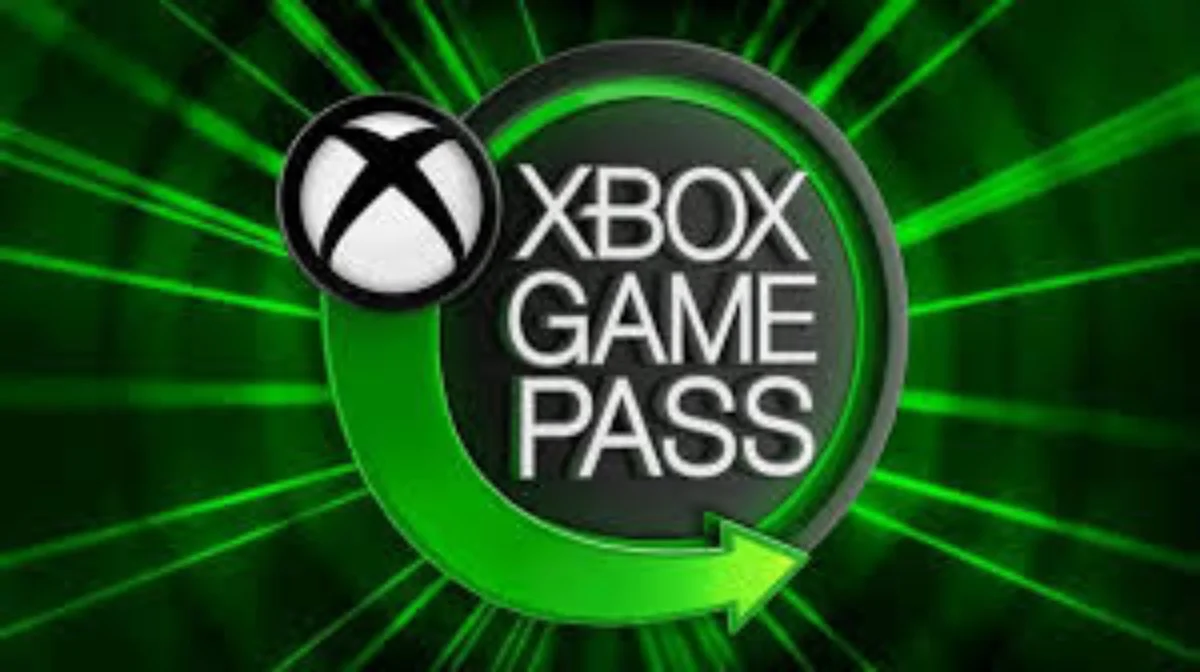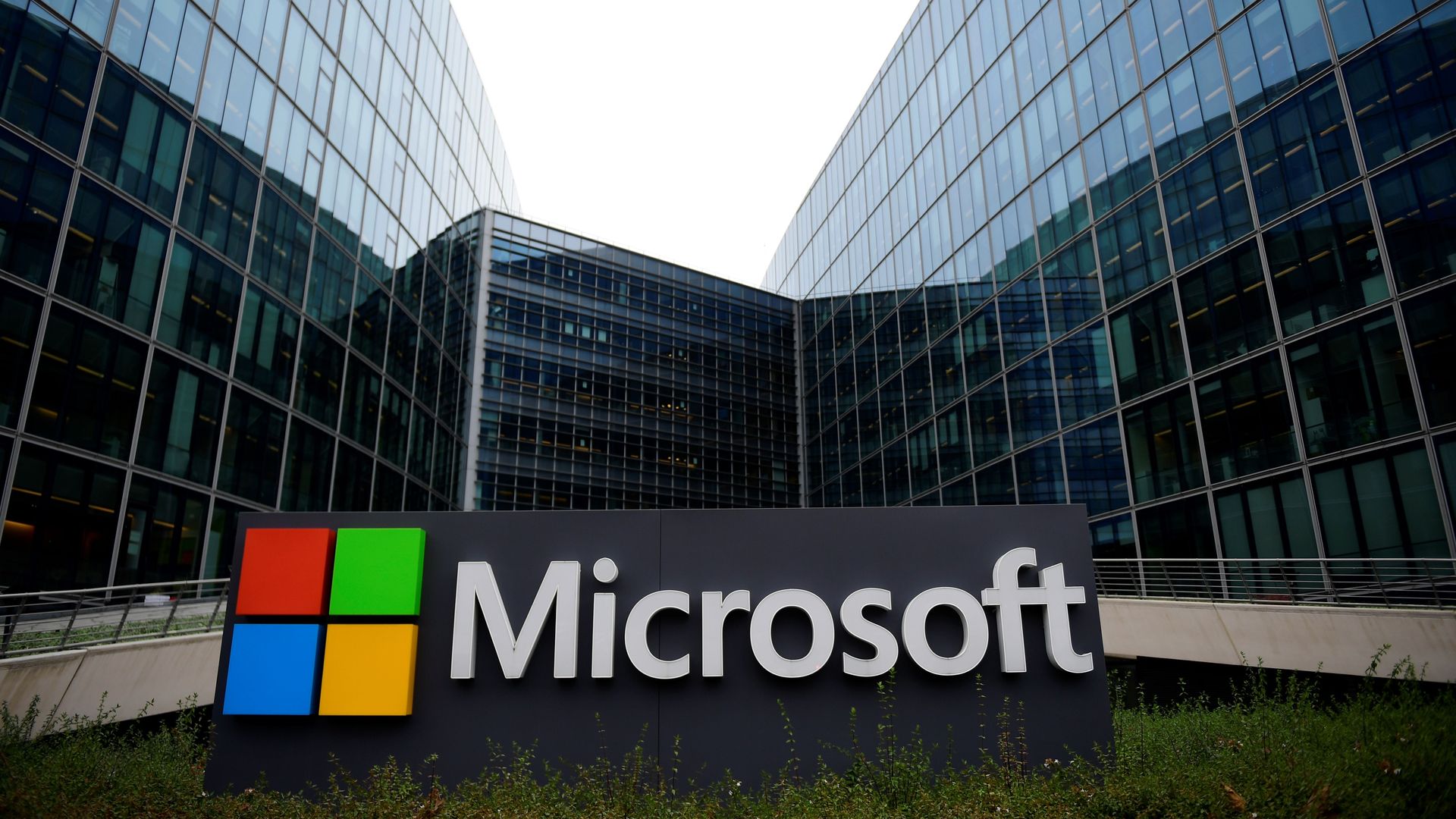Key Takeaways
Created with AI - we're still experimenting, so apologies if it misses the mark
- Microsofts Game Pass profitability calculation may not fully account for first-party development costs, leading to questions about the services true financial picture.
- The Game Pass model, which offers access to a large game catalog including all first-party launches, has been criticized for potentially subsidizing the industry at the expense of other game developers and contributing to job losses.
- Raphael Colantonio, founder of Arkane Studios (now a Microsoft property), suggests that Game Pass is an unsustainable model that has negatively impacted the gaming industry over the past decade.
- Despite recent clarifications about Game Passs profitability, the debate remains unsettled as to whether the service benefits or harms the gaming industry overall.
Is Microsoft’s Game Pass Profitability Calculation Transparent Amid Controversy Over First-Party Development Costs?
The recent mass layoffs and game cancellations announced by Microsoft have reignited the debate over the viability of Xbox’s primary product: Game Pass. For years, discussions centered on whether the service was profitable for Microsoft. The company consistently asserted that the system functioned without incurring losses but never fully clarified the economics behind a subscription model that grants access to an extensive game catalog, including all first-party launches. A core point of contention has been Microsoft’s accounting practices for Game Pass profitability. Critics have questioned the business model, particularly whether it might be losing money when considering first-party development costs. Microsoft reportedly does not include the expenses associated with creating its own games when calculating Game Pass profits, which some argue could lead to an underestimation of potential income loss for its internal studios due to the service.
Game Pass Profitability Transparency in Question over Microsoft’s First-Party Game Cost Exclusion
Journalist Christopher Dring, co-founder of The Game Business and former editor of GamesIndustry.biz, highlighted this accounting arrangement. Dring initially reported that Game Pass’s supposed profitability hid a questionable practice: the exclusion of development costs for Microsoft’s own games, which are a major selling point of the service. He explained that Game Pass’s reported profits primarily reflect costs associated with third-party deals, marketing, and service operations. Dring reported that Microsoft confirmed costs linked to first-party games were not included in these profit calculations, leading to concerns about the true financial picture. Dring, well-connected within the video game market, did not comment on the origin or timing of this initial information.
However, Dring later provided crucial clarification after 18 months of inquiries to Microsoft about Game Pass financial reports. While reiterating, “I Requested Clarification on Game Pass Profitability and Was Told First-party Costs Are Not Included,” he clarified that Game Pass is, in fact, profitable even when accounting for lost earnings from Microsoft’s in-house teams. According to sources that contacted Dring, this includes lost revenue from game sales and microtransactions for first-party titles. In other words, while the actual development costs of games are not counted against Game Pass, the opportunity cost of lost sales on Xbox and PC is factored into the profitability assessment. The situation is further complicated by the fact that Xbox Game Studios’ first-party games have been distributed on PC and other consoles since last year. For example, while Call of Duty is available via Game Pass on PC and and Xbox, it is sold as a premium game on PlayStation and other PC distribution channels. Attributing its production costs entirely to Game Pass management could distort the overall financial picture.
Game Pass Model Criticized for Industry Impact and Potential Job Losses amid Subscription Rate Speculation
Beyond accounting specifics, the Game Pass model has faced broader industry criticism. Raphael Colantonio, founder of Arkane Studios (now a Microsoft property), has argued that the subscription service is an unsustainable model that has increasingly harmed the industry over the past decade, subsidized by Microsoft’s significant financial resources. He suggested that decisions related to Game Pass might have led to job losses at Xbox Game Studios, potentially reducing choices for gamers. Amidst these discussions, some fans anticipate an increase in Game Pass subscription rates based on recent developments. Ultimately, Dring notes that despite the clarifications, the debate about whether Game Pass is beneficial or detrimental for the gaming industry remains unsettled.
In Case You Missed It
If you’re a fan of free gaming goodies, be sure to check out Ahmed Hassan’s latest post, “Epic Games Store Gifts You Two Highly Appreciated Games to Keep Forever,” published on July 8th. This week, the Epic Games Store is offering Figment and Backpack Hero for free until July 10th at 5 PM. And that’s just the beginning—more surprises are coming your way! Don’t miss out; head over to Epic Games Store Gifts You Two Highly Appreciated Games to Keep Forever to find out what’s next! As we continue to delve into the ever-evolving landscape of gaming services, a recent analysis by Marcus Thompson sheds light on an intriguing yet concerning aspect of Microsoft’s Xbox Game Pass. Published on July 7, 2025, “Critical: Xbox Game Pass May Not Be as Profitable as It Seems” questions the true financial health of this widely celebrated subscription model. The blog explores how production costs for in-house games aren’t factored into profitability and highlights potential risks to creative diversity within the industry. For those interested in the finer details of Microsoft’s gaming strategy, be sure to check out Marcus’s insightful post Critical: Xbox Game Pass May Not Be as Profitable as It Seems! For those interested in the latest developments surrounding Microsoft’s Xbox Game Pass, I highly recommend checking out “Internal Sources Confirm Xbox Game Pass is Profitable Despite Recent Turbulence” by Ahmed Hassan (2025-07-08). This insightful piece delves into the profitability debate of the popular subscription service and reveals some surprising facts about its financial health. Don’t miss out on this must-read analysis at Internal Sources Confirm Xbox Game Pass is Profitable Despite Recent Turbulence!
They also talk about it
Links to external sources for further reading
- Microsoft insists that Xbox Game Pass is profitable, but avoids mentioning a much more significant truth: their calculations ignore losses from their own first-party games. While the subscription service makes money on paper, the company only counts costs directly related to operations, not the impact of releasing its own games on day one.Microsoft insists that Xbox Game Pass is profitable, but avoids mentioning a much more significant truth: their calculations ignore losses from their own first-party games. While the subscription service makes money on paper, the company only counts costs directly related to operations, not the impact of releasing its own games on day one.thegeek.games
- Xbox Game Pass Might Not Be Profitable After AllXbox Game Pass Might Not Be Profitable After Allbeebom.com
- Christopher Dring Clarifies Game Pass Is Profitable, Regardless Of Microsoft’s Accounting PracticesChristopher Dring Clarifies Game Pass Is Profitable, Regardless Of Microsoft’s Accounting Practicesgameranx.com
- Microsoft accused of misrepresenting Xbox Game Pass profits by ignoring game development costsMicrosoft accused of misrepresenting Xbox Game Pass profits by ignoring game development costsnotebookcheck.net
- Xbox Reporter Addresses Game Pass Confusion, Says It's Still A Profitable Service In 2025Xbox Reporter Addresses Game Pass Confusion, Says It's Still A Profitable Service In 2025purexbox.com
Have any thoughts?
Share your reaction or leave a quick response — we’d love to hear what you think!

